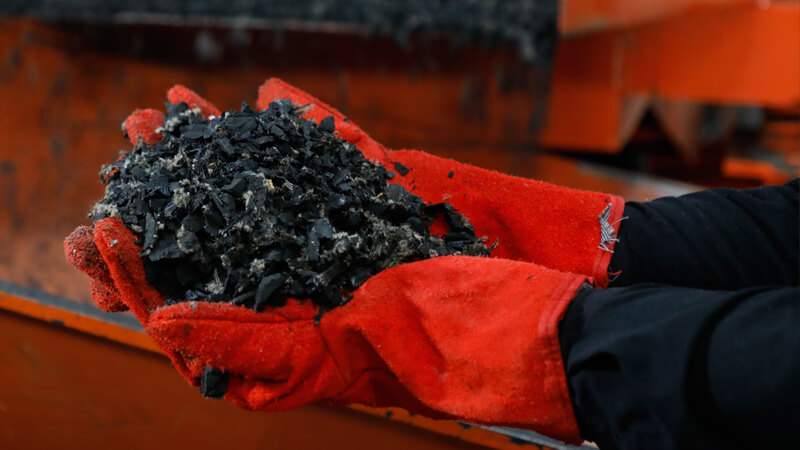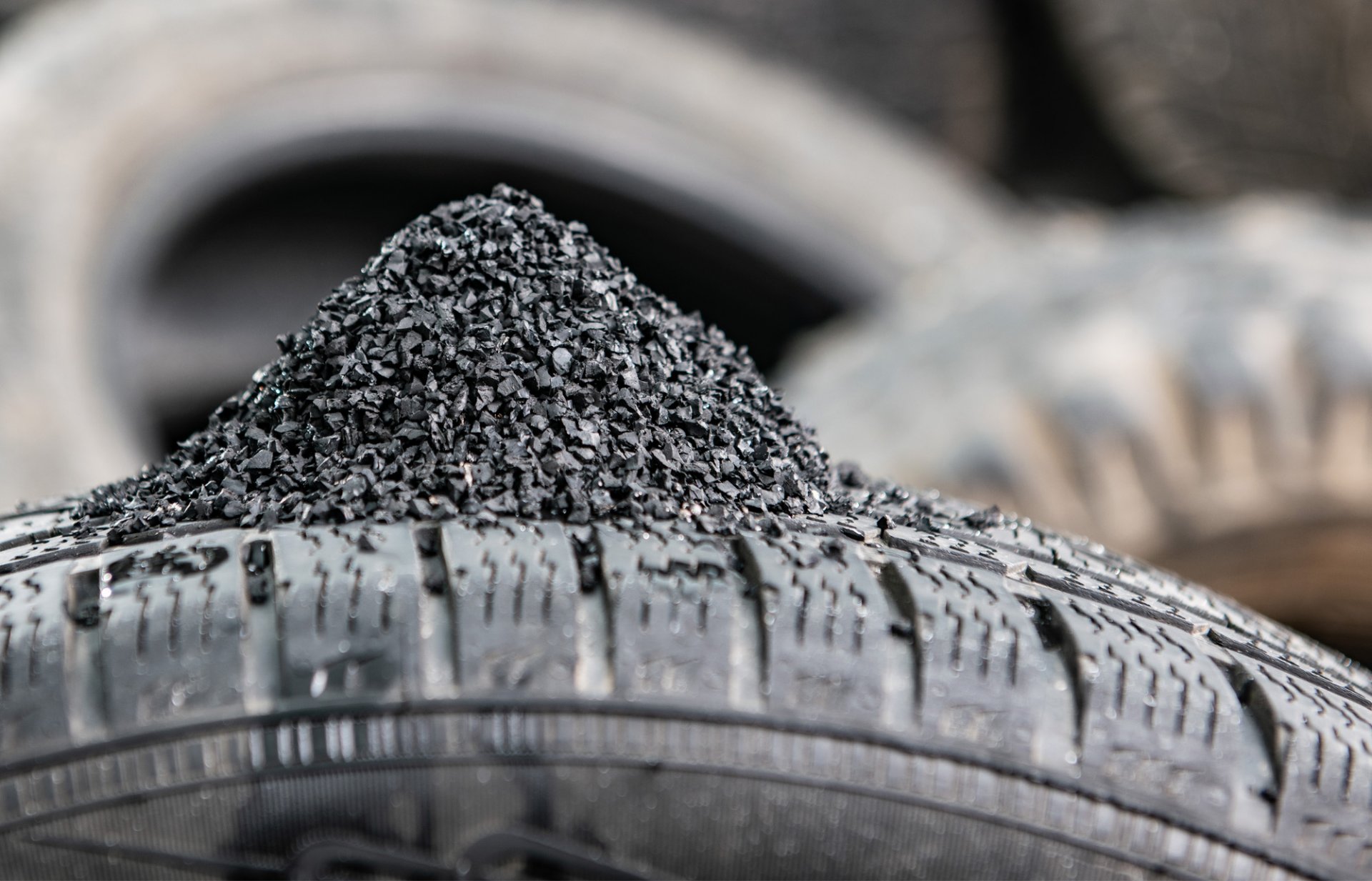

We're an automobile oriented society & whatever the answer to the problem may be, it must foremost be compatible with the requirements of automobile & tire manufacturers.One way or another this problem had be taken care of. The foremost waste management problem in America was for decades this: what to do with used tires.The sorry fact is, the governmental priority was finding a way to get rid of all those used tires. One might reasonably ask how ground-up rubber tires ever became legally marketed to dump in our gardens since it is known to kill plants. Political & economic pressures have been brought to bare even on horticultural research projects. The law does not require crumb rubber to be listed as "crumb rubber" when it is used as an ingredient in soil ammendment products it can be listed as a bulking agent or some other imprecise reference intended to hide from you the fact that you just bought something with ground up rubber tires in it.Īs one might suspect, the attempt to find garden uses is inspired not by a desire to improve horticultural & agricultural techniques, but by a desperation to get rid of a type of trash that our culture generates by the billions of tons yearly, & which is difficult to discard. But there are other heavy metal & toxic contaminants in crumb rubber, including arsenic, cadmium, lead & nickel, which can effect the safety of groundwater. Yet rubber remains an undisclosed ingredient in some commercially packaged composts, so that even a gardener who knows better than to dump rubber particles all over their garden may be doing so unknowingly.Ī gardener needs only consider the zinc factor & the stink factor to realize this is toxic garbage unsuitable for landscaping. Rufus Chaney of the USDA Agricultural Research Service, analysing twenty years of research, concluded that the majority of research leads to the conclusion that for the Zinc factor alone, ground or chipped rubber should never be used in gardens or composts. But the toxicity from zinc, cadmium, & other heavy metals, more than makes up for any faint chance of a benefit. The excuse for this is that rubber does have a slight ( very slight) nitrogen value. Still other companies slip it into commercial composts as a bulking agent.

Nevertheless, more & more companies are obtaining crumb rubber waste product & packaging it in nicely designed bags that recommend it for gardens. Often a single application is sufficient to kill plants. Ground up rubber tires have been tested as soil amendments & surface mulches, & discovered to kill ornamental plants due to its zinc content to be a fire hazard dangerous to place near buildings & to smell incredibly bad.


 0 kommentar(er)
0 kommentar(er)
